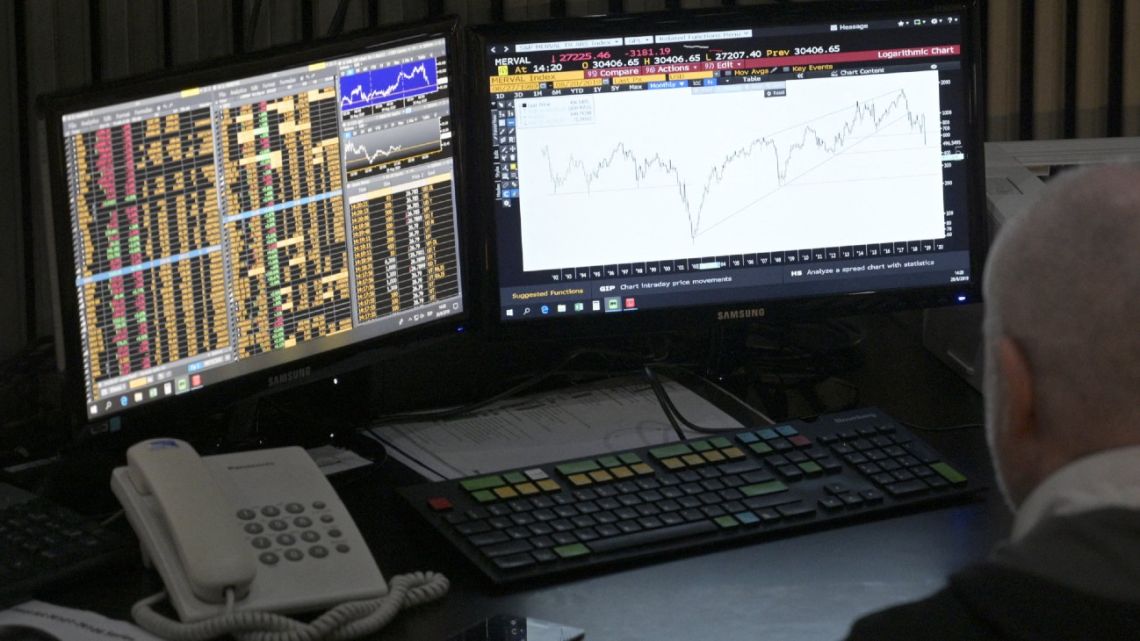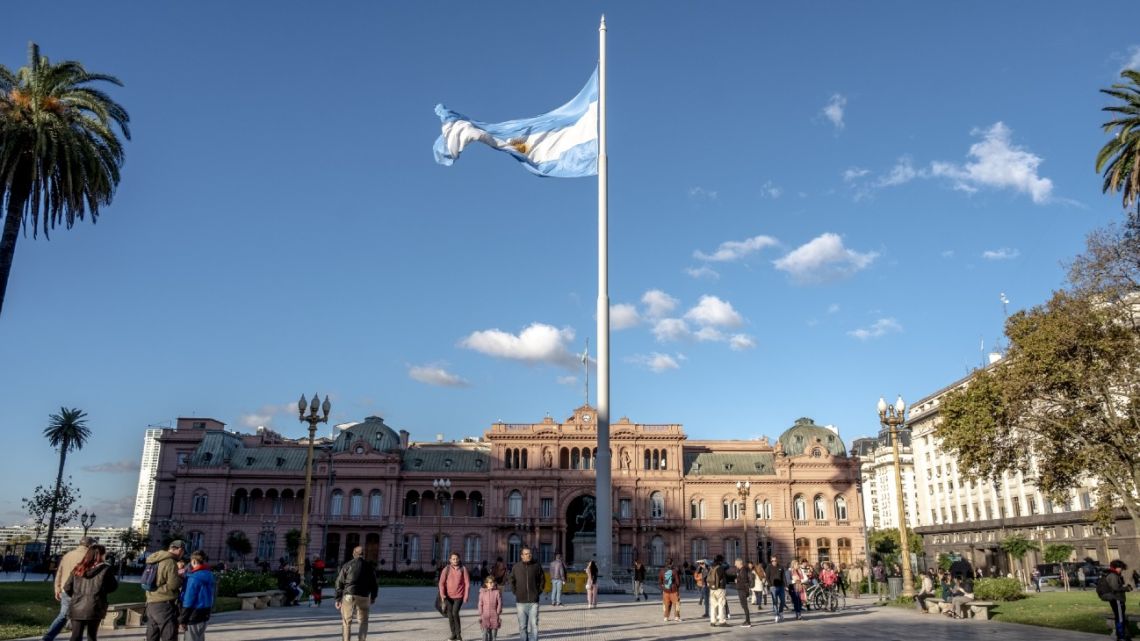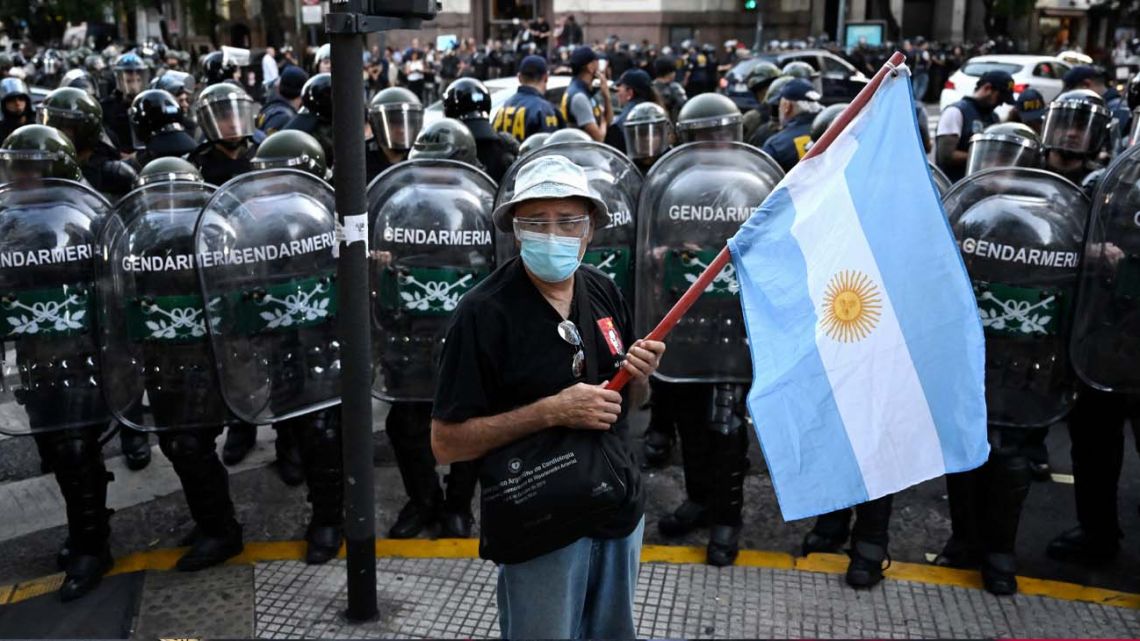Brazilian energy firms Brava Energia and Petrobras faced precipitous stock declines this week as global oil prices collapsed under escalating U.S.-China trade tensions and OPEC+ supply shifts.
Brent crude plummeted 8% to $68.52 per barrel by April 4, erasing $6.50 in two days and dragging Brava Energia’s shares down 13.58% to R$18.20. Petrobras common shares fell 6.09%, compounding sector-wide losses exceeding 9% for rivals Prio and PetroReconcavo.
China’s retaliatory 34% tariff on U.S. imports, effective April 10, amplified fears of a global trade war stifling oil demand. OPEC+ compounded pressures by announcing a 411,000-barrel daily production increase starting May, reversing earlier supply cuts.
Goldman Sachs slashed its December Brent forecast to $66, citing weakened demand projections. Analysts note the dual shock of geopolitical friction and oversupply risks destabilizing emerging markets reliant on energy exports.
In addition, Brava Energia’s struggles reflect deeper operational strains. The junior producer reported a R$1.03 billion Q4 2024 net loss after output dropped 38% to 39,300 barrels daily.
 Oil Market Turmoil Triggers Historic Plunge in Brazilian Energy Stocks. (Photo Internet reproduction)
Oil Market Turmoil Triggers Historic Plunge in Brazilian Energy Stocks. (Photo Internet reproduction)Energy Markets Roiled as Oil Prices Tumble
A February rebound to 73,900 barrels offered scant relief as oil’s slide erased gains. Petrobras, Brazil’s state oil giant, saw over 1.3 billion shares traded amid the selloff, underscoring investor flight from energy assets.
Market volatility coincides with OPEC+’s uneven exit from pandemic-era production curbs. The group’s phased output hikes, initially designed to stabilize prices, now risk exacerbating oversupply as demand falters.
U.S. crude consumption dipped 1.7% last quarter, per Energy Department data, while China’s industrial slowdown deepened. Saxo Bank strategists warn trade wars lack “winners” but guarantee economic damage, particularly for export-driven nations.
Brazil’s Bovespa index fell 2.1% Friday, mirroring losses in Asian and European energy equities. For Brava and peers, recovery hinges on stabilizing oil above $70—a threshold increasingly distant as trade barriers harden.
All financial figures, dates, and corporate statements derive from verified exchange data and official filings. No speculative claims or unnamed sources are included in this account.

 By The Rio Times | Created at 2025-04-04 20:58:51 | Updated at 2025-04-05 01:16:56
6 hours ago
By The Rio Times | Created at 2025-04-04 20:58:51 | Updated at 2025-04-05 01:16:56
6 hours ago








